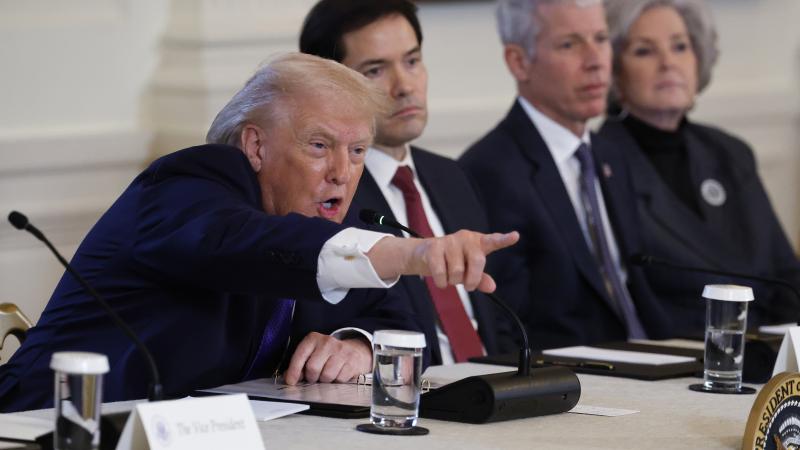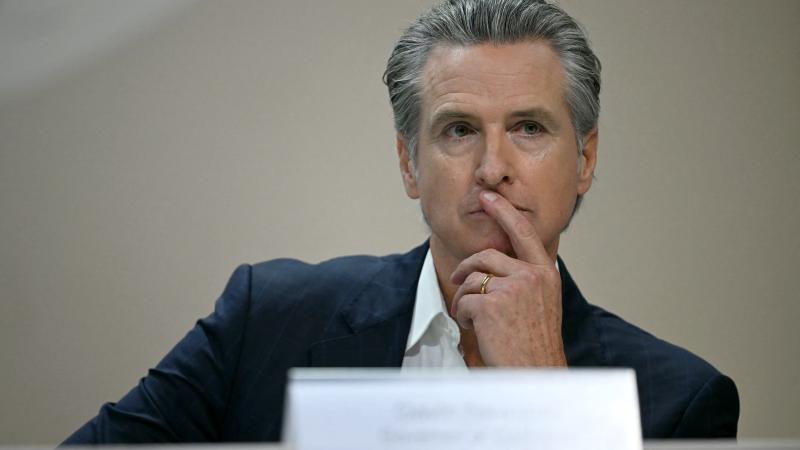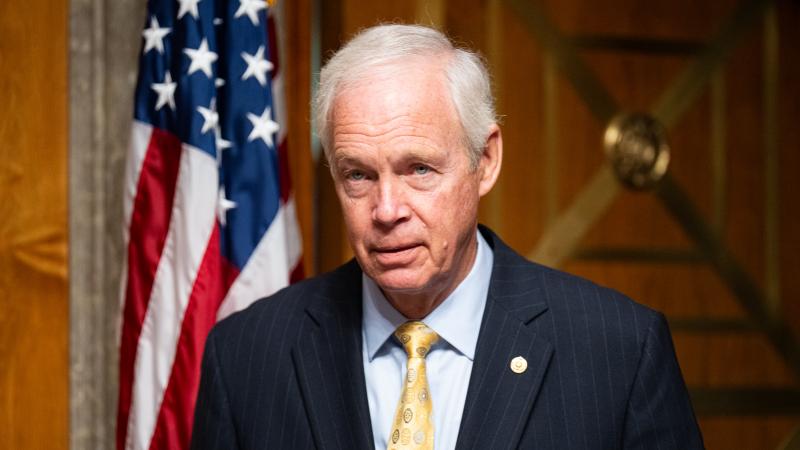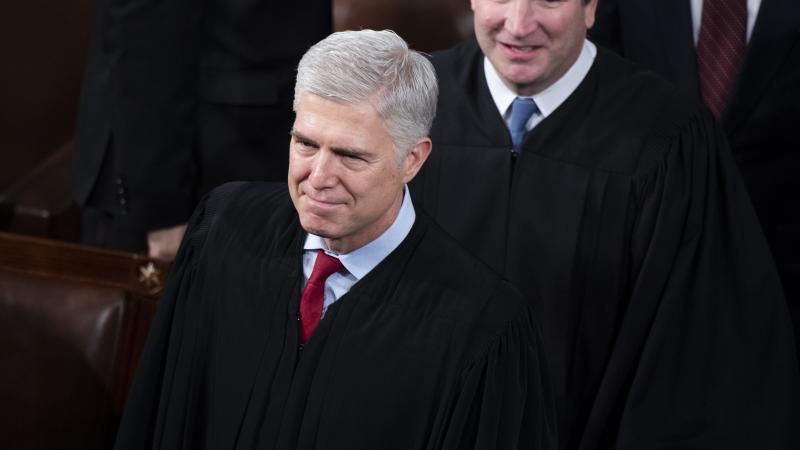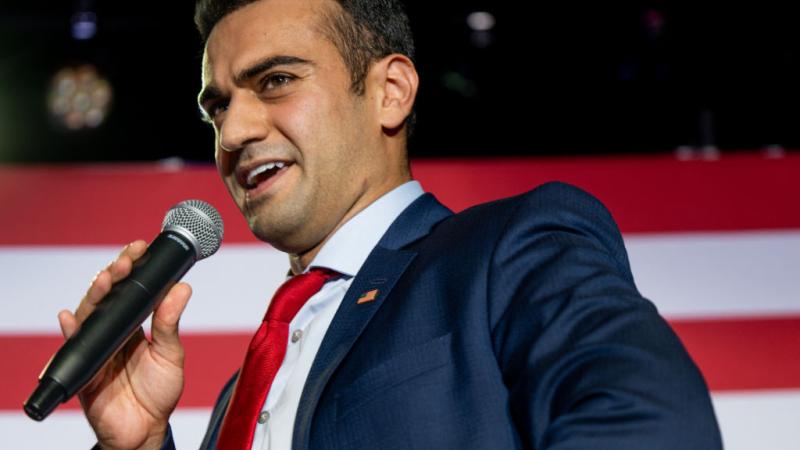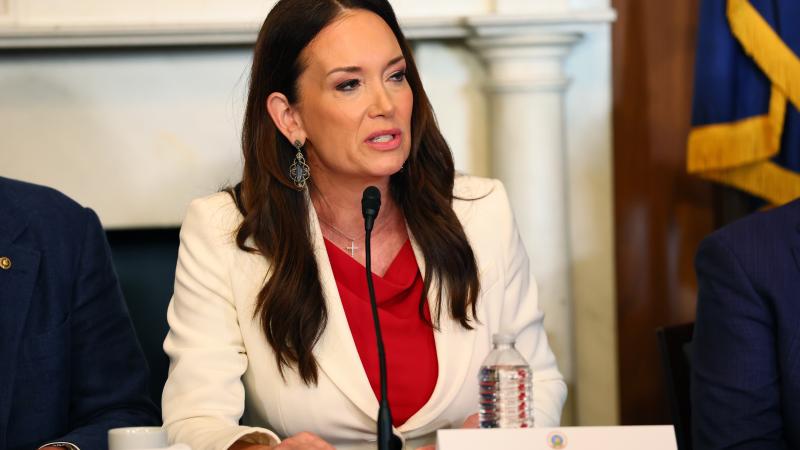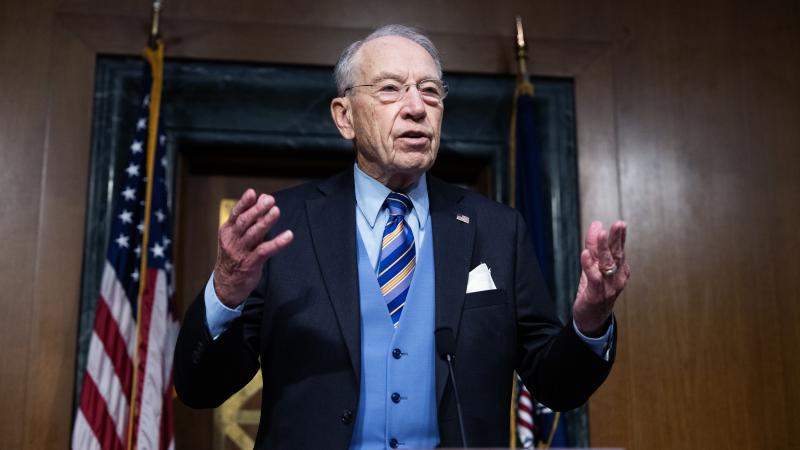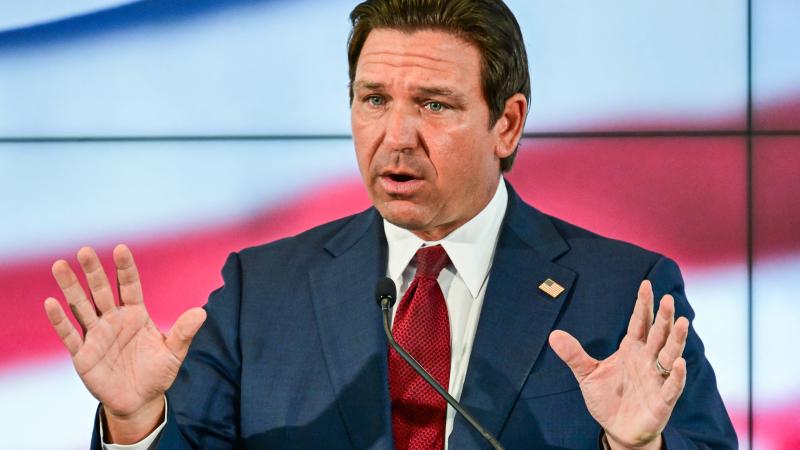Federal judge allows ESG coal case to move forward, while 26 states demand anti-ESG commitments
A federal judge denied Blackrock, State Street and Vanguard's motion to dismiss a lawsuit alleging the firms conspired to artificially constrict the market for coal through anti-trade practices. Twenty-six state financial officers sent a letter to 17 firms requiring them to prove that ESG no longer plays a role in their decision making.
A federal judge in Texas on Friday denied Blackrock, State Street and Vanguard a motion to dismiss a case brought against them by the State of Texas alleging that the firms conspired to artificially constrict the market for coal through anti-trade practices.
“The triumph of Texas over defendants' motion to dismiss antitrust and consumer protection claims against them is most of all a huge win for consumers, but also another huge blow to BlackRock and the other woke asset managers,” Will Hild, executive director of Consumers’ Research, said in a statement.
In another pushback on ESG last week, 26 state financial officers sent a letter to Blackrock and 16 other firms requiring them to prove that ESG no longer plays a role in their decision making, if they are to continue doing business in those states.
ESG is generally understood as a politically-shaped framework that encourages organizations to manage risks and opportunities related to environmental, social, and governance criteria (sometimes called ESG factors). ESG is often described as the holistic view that sustainability extends beyond just environmental issues.
Blackrock: "Deeply invested in Texas' success"
When the lawsuit was filed, a Blackrock spokesperson called the allegations “baseless” and argued that the company was “deeply invested in Texas' success.”
“On behalf of our clients, we have billions invested in Texas energy, partnering with the state to attract investments into the Texas power grid and helping millions of Texans retire with dignity,” the spokesperson said.
According to the lawsuit, the three asset managers acquired substantial stockholdings in every significant publicly held coal producer in the United States. This gave them influence over the policies of these companies, and they used their combined influence to pressure coal companies to adopt emissions-reduction goals and reduce coal output by more than half by 2030.
In their motion to dismiss the lawsuit, the firms argued that the lawsuit “spins a farfetched theory” that would require “contorting the law in a way that would hurt both coal companies and individual investors.” The motion went on to say that the complaint offers no agreement, no coordinated actions and no communications among the defendants to support the claims that the "attenuated conspiracy theory” is plausible.
“The complaint fails to allege any details regarding the decision-making of the coal companies which actually control output, let alone that their decisions were coordinated,” the motion argued. The motion also noted that the complaint tried to recast proxy voting as a “sinister routine,” while acknowledging that the defendants voted differently at times.
The motion also pointed out that the complaint acknowledges that coal output increased during the period that these firms were allegedly conspiring to reduce output.
Motion denied: Sufficient evidence to support Texas' claims
In his denial of the motion, U.S. District Court Judge Jeremy Kernodle of the Eastern District of Texas, appointed to the bench by President Trump in 2018, ruled that the plaintiffs had presented evidence to support their allegations. The allegations are not vague and include dozens of specific examples to support the plaintiff’s theory, Kernodle said in his decision.
The defendants allegedly joined certain climate initiatives in which they publicly committed to using their stock to further action on climate change and reduce greenhouse gas emissions, Kernodle explained.
These commitments included pushing all their assets under management to achieve net-zero emissions, which would result in “coal production declines towards zero” and “immediately ceasing all financial or other support to coal companies” that were increasing production.
These statements were allegedly affirmed in public statements. Blackrock, Kernodle points out in his decision, asked companies to set short, medium, and long-term goals for greenhouse gas reductions. Vanguard asked companies with significant investments in coal to defend how their targets align with international commitments to reach net-zero emissions.
Defendants then allegedly followed through on these commitments by voting against directors at coal companies who failed to have "adequate climate risk disclosures” or through engagements with coal company leadership.
Seeking proof of backing away from ESG commitments
The defendants in the Texas lawsuit were also among the firms that received a letter last week from 21 state financial officers warning they’d be blacklisted if they failed to provide proof that their ESG days are behind them.
“Over the past several years, many large financial institutions have used their positions as stewards of trillions in passive investments, such as index and target-date funds, to advance social and political agendas that fall outside the scope of materiality and positive financial return,” the letter states.
The letter notes that some firms have demonstrated they’re moving away from global climate coalitions and scaling back ESG rhetoric and proxy votes, but “more work must be done.” The letter requests the companies take five steps to show they’re no longer incorporating ESG initiatives into their fiduciary decisions.
Stay woke, get slammed, letter warns
The letter's demands include demonstrating that the money-managers — the stewards of hundreds of billions of citizens' nest-eggs, including state pension funds — are not framing climate change as certainly catastrophic to justify forcing companies to take immediate actions that don’t align with their long-term business practices.
To avoid blacklisting, the letter states, the investment firms must make commitments to abstain from international political agendas and provide clear and transparent proxy voting guidelines that reflect a focus on shareholder value.
Texas was not among the states participating in the demands, and The Wall Street Journal reported in June that Texas had taken Blackrock off its blacklist. Hild with Consumers’ Research disputed that the firm, which has over $11 trillion in assets under management, has backed off its ESG agenda.
“BlackRock is playing a game of deceit. Fink and his team are trying to say all the right things to conservatives while quietly doubling down on their activist agenda behind the scenes. As we’ve continued to point out, BlackRock has no intention of putting fiduciary duty over politics,” Hild said in a statement.
The letter to the 17 firms gives them a deadline of Sept. 1 to engage directly with the financial officers’ offices and demonstrate their commitment to “a fiduciary model grounded in financial integrity, not political advocacy.”
“Our public servants, retirees, and taxpayers deserve nothing less,” the officers stated in the letter.
